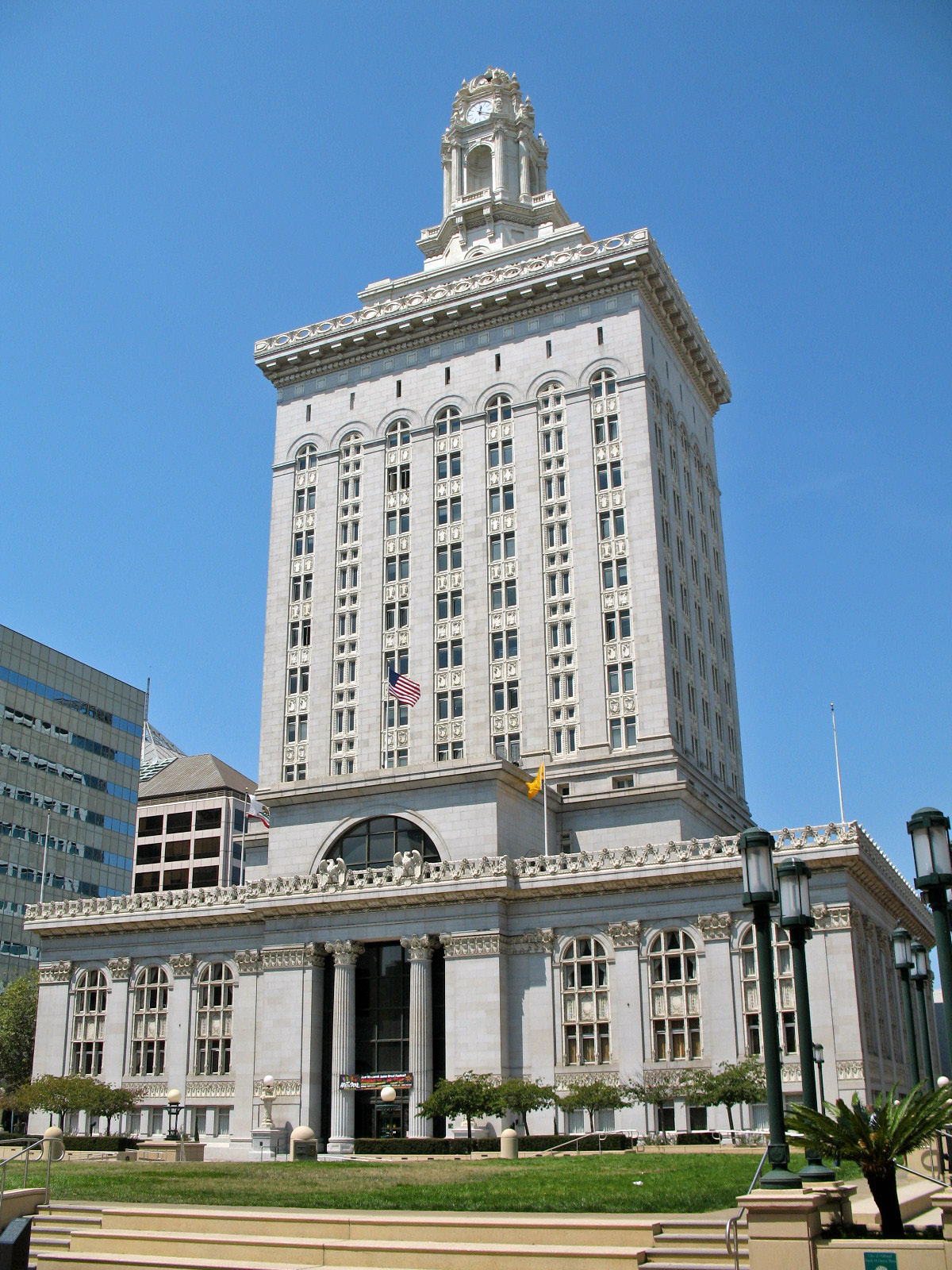By Steven Tavares.
Unlike the city’s community police review agency which includes a delegation of appointing powers to the agency, Measure LL does not provide similar language. said Oakland Assistant City Attorney Ryan Richardson. “In fact, there’s no provision for an inspector general in Measure LL… What we concluded that the council, by ordinance, cannot give that appointing authority to the police commission.”
Some council members scrambled to react to the legal opinion and blasted its late emergence in the council’s discussion. “Has the city attorney been in hibernation and only last last week woke up?,” said Oakland police activist Rashida Grinage.
Approval of the enabling ordinance for the commission was postponed Mar. 6 after the city administrator’s office said the hiring and firing authority of the inspector general should remain under that office, based upon the City Charter.
A string of Oakland residents spoke angrily against the city attorney’s opinion, some shouting down the council. But some, like Councilmembers Noel Gallo and Desley Brooks rebuffed the city attorney’s reading and viewed it as mere guidance. Instead, declaring council autonomy for maintaining control of inspector general under the auspices of the police commission.
“Why do we have a police commission? For police accountability,” said Gallo, who supported keeping the powers within the police commission. Brooks criticized the city attorney’s opinion as a narrow interpretation of the charter.
Councilmember Annie Campbell Washington registered the lone no vote Tuesday, siding with the city attorney’s outlook. Councilmember Abel Guillen, who supported the ordinance, nonetheless voiced apprehension over possible litigation in the matter and urged for a second opinion to the city attorney’s reading of the charter.
Tuesday’s night decision only move the police commission slightly further along its path toward full creation. The current iteration of the enabling ordinance now goes back to the police commission for a 45-day comment period, said Councilmember Dan Kalb, before coming back to the City Council for a first and second reading before becoming law.





